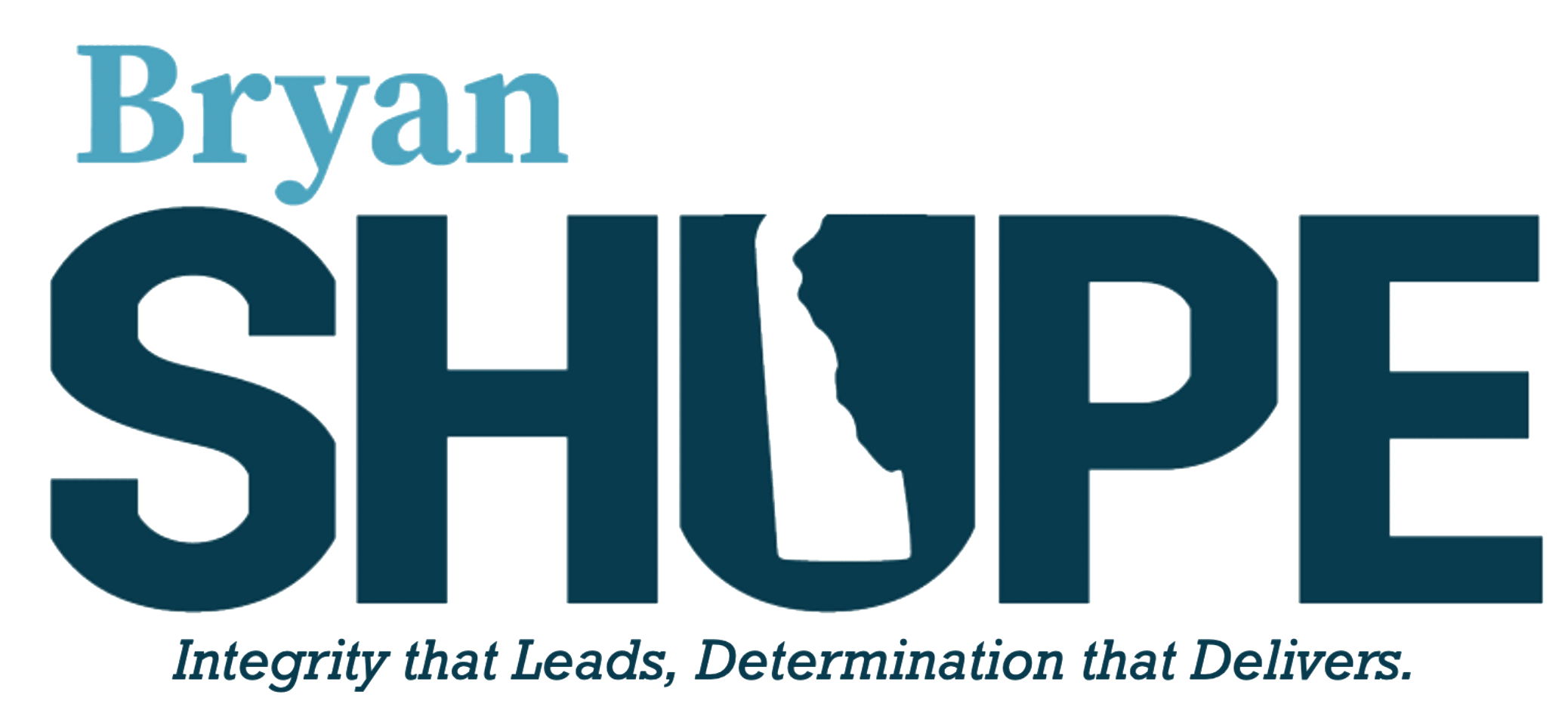Today I released a bill to be circulated for sponsorship that calls on the Controller General Office of Delaware to facilitate or contract out a local economic impact analysis on minimum wage legislation. This analysis is intended to guide lawmakers, the public, and the press through making a decision based on empirical evidence instead of political talking points. I am certain this analysis will provide both positive and negative impacts on raising Delaware’s minimum wage to $15 per hour and I believe this study can provide us all with a more detailed discussion on how to improve the lives of Delaware families.
The first critical piece of information that needs to be presented in whole to the public, press, and General Assembly is the total cost of the legislation to taxpayers. The proponents of this bill cited in past press releases that the cost would only be $40 million. This number comes from the Controller Generals Office at the State of Delaware that by law gives the price tag on only what the bill is specifically asking for. The Office has done its job, as the bill states that it intends to bring State employees up to minimum wage at $15 per hour.
What this number does not include is the cost to taxpayers when, as a responsible employer, the State of Delaware takes other employees that currently make $15 or above and give them an equitable raise. The quoted $40 million also does not include the increased costs on state contracts. As the labor costs go up for jobs being completed by outside contractors for the State, so will the overall costs for those contracts.
Another crucial element to discuss is how the State of Delaware will achieve long-term solvency under this legislation. Will it be through raising taxes, hiring freezes, cutting services or other measures. All of these will impact current State workers and taxpayers ongoing, every year as this increase continues perpetually.
All of these points of consideration are necessary for the State of Delaware to establish before this bill is discussed since this legislation is not only asking for taxpayer investment for State employees but asking that the State regulates the free market in Delaware. Our small businesses, which sustain jobs for over 50% of families in Delaware, will be required to raise payroll costs up to 40% before hiring any more employees. While still struggling to survive through this current pandemic, keeping the doors open is the main goal for many local businesses as profits have dwindled.
As with all public policy, we must research and do the heavy lifting before making decisions. The residents of Delaware elected us to put in the time to educate ourselves, engage with different sides of the issue, and create a policy that will result in long-term, sustainable growth. To do this, the public, press, and lawmakers need full disclosure of the impacts of this legislation on taxpayers and an analysis of our local, free market. With this information, we can have an enlightened, useful discussion that will lead to a community-driven policy that can truly help Delaware families.


